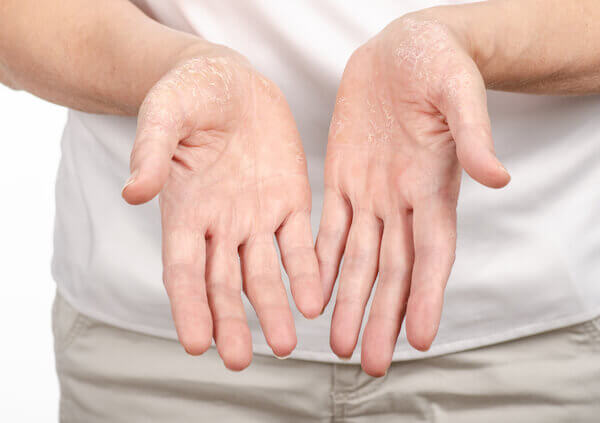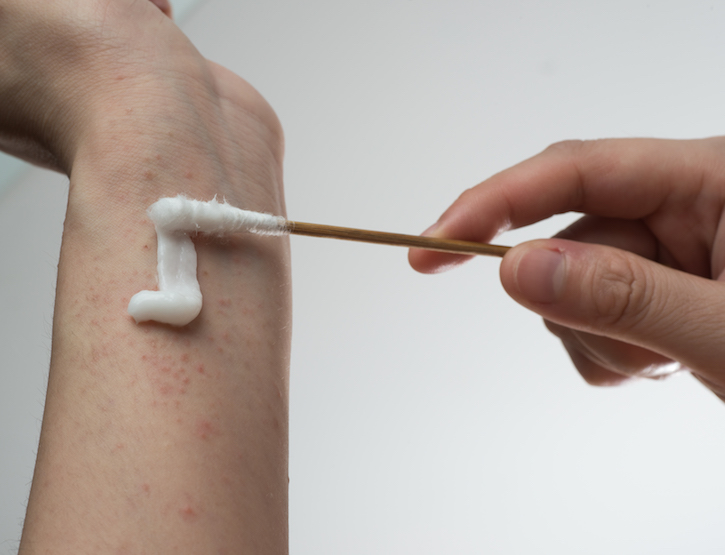What is Psoriasis?
Psoriasis is a chronic autoimmune skin disease that speeds up the growth cycle of skin cells in days rather than weeks and requires a specific Psoriasis medication to treat it. As these skin cells pile up on the surface of your skin, they cause raised, red or silvery, scaly patches to appear on the affected skin as a symptom. There is scalp Psoriasis and nail Psoriasis. Psoriasis lesions are also most prevalent on the elbows, knees, lower back, palms, and soles of feet. Psoriasis is a skin condition that occurs mostly in adults but can develop at any age and most often between the ages of 15-35 and require specific prescription meds for Psoriasis. Though rare, 10-15% of Psoriasis reactions (Psoriasis rx) and cases can also appear in children before the age of 10.
There are 5 different types of moderate Psoriasis including, Guttate psoriasis which appear as small dot-like lesions, Inverse Psoriasis, which appear mainly in folds of skin, Pustular Psoriasis which appear as blisters surrounded by red skin, Erythrodermic, a more severe Psoriasis usually prominent all over the body, and the most common severe Plaque Psoriasis, which affects between 80-90% of people living with Psoriasis.






 Based on reviews
Based on reviews